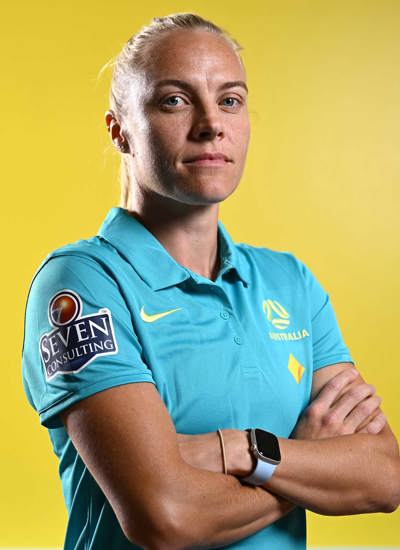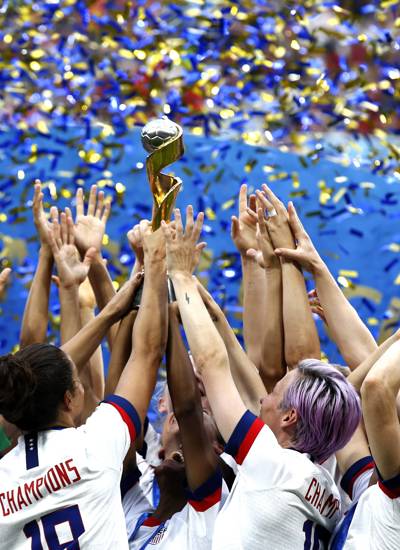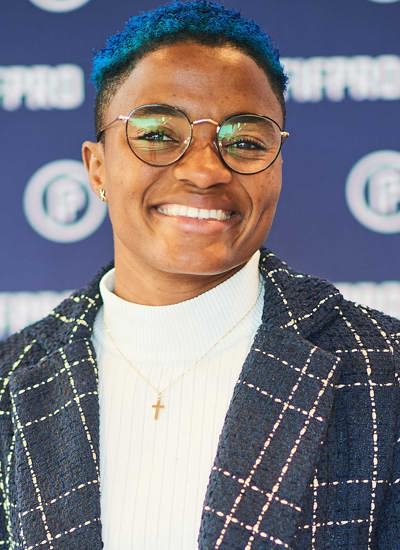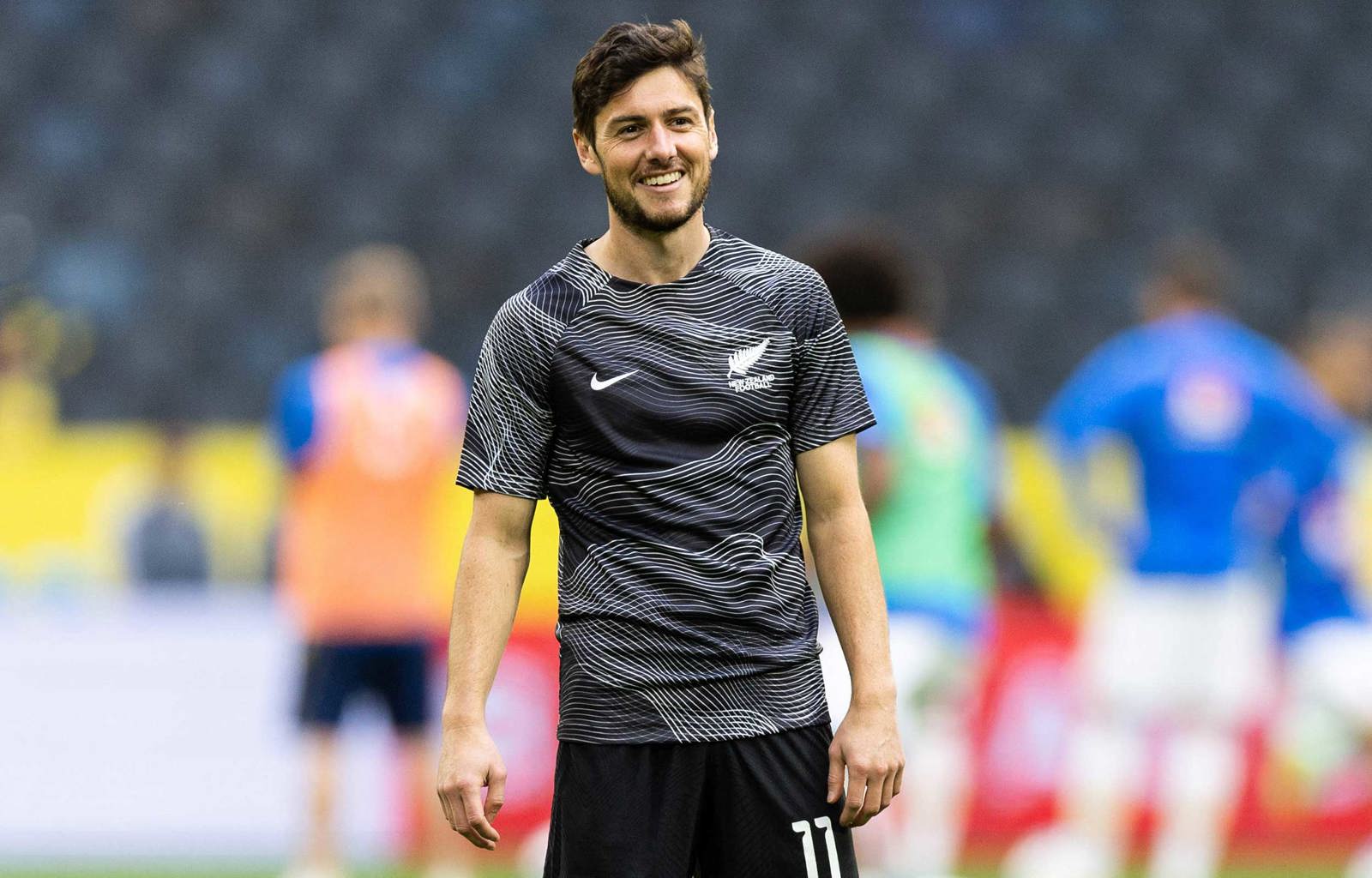
Marco Rojas most recently played for Colo-Colo in Chile. The New Zealand international discussed the idea of contributing to grassroots and women’s football with NZPFA before donating $20,000 to former club Melbourne Victory to help the Australian side’s women’s programme.
By Marco Rojas
My passion advocating for human rights and equality comes from my family. My mother is from New Zealand and my father is from Chile, and my Chilean side of the family lived through the Pinochet regime and the military takeover in the 1970s.
My father’s family had to flee Chile and they became political refugees in Australia, Canada, and New Zealand. My father has pretty much lived his whole life away from the country he was born in.
It is because of my family’s sacrifice that I have had the fortune of living a privileged life: growing up in New Zealand and experiencing everything the country had to offer, before becoming a professional footballer.
What I learned from my family’s story lay dormant in me for a long time, as I chased my own individual and football aspirations. But when it was triggered again after some personal development in recent years, I wanted to be able to connect some of those perspectives and ideals back to football; I wanted to ensure that the privileges I had enjoyed were being extended to other people.
I noticed the gap between what we in the men’s game are getting compared to the women. I enjoyed three different stints over a 12-year period with Melbourne Victory – a wonderful club – but during my last couple of years there, I took note of the differences I was seeing between the men’s and women’s teams.

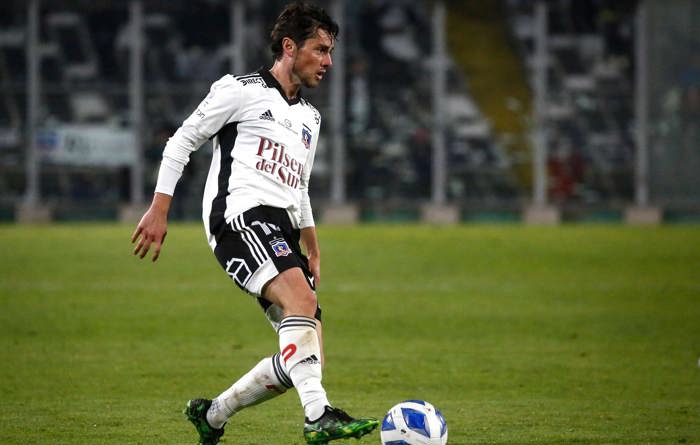
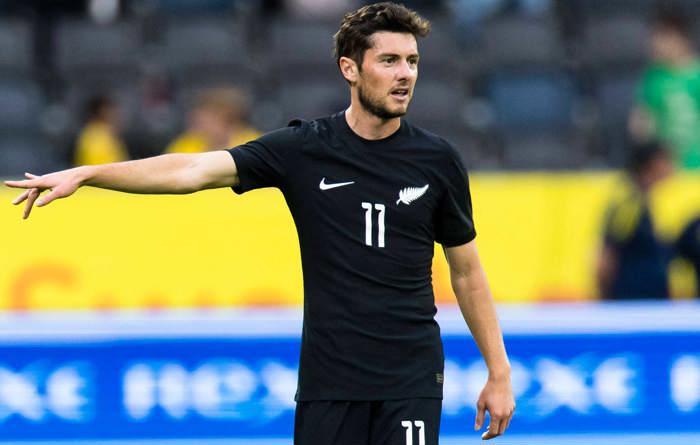
Being in a position of privilege, I felt I could do something about that gap. I got in touch with the club, asked if it was possible for me to make a financial donation, and they gave me the okay. The donation will help Victory with community initiatives, equipment, and coaching licence scholarships for women’s coaches. I'm glad I was able to help a little – and I know I need to help out more – but my main hope is that it creates a conversation around this issue.
As men’s players, we understand what it means to have a fully functioning team and we reap the benefits of that. So, when we see those gaps, we need to ask ourselves, what can I do to support and strengthen the women’s team? We need to show women’s players that they have allies in the men’s game.
It was inspiring to see women’s international players, FIFPRO and player associations show solidarity by coming together and securing better conditions and fairer pay for players ahead of the Women’s World Cup in Australia/New Zealand.
For me it was especially inspiring to see people in the women’s game, who are in a more privileged position when it comes to their salary or the countries that they play in, come together and fight for those who are less privileged.
It was one of the reasons that motivated me to visit FIFPRO’s headquarters in the Netherlands and understand more about what the organisation does as the global union for professional footballers.
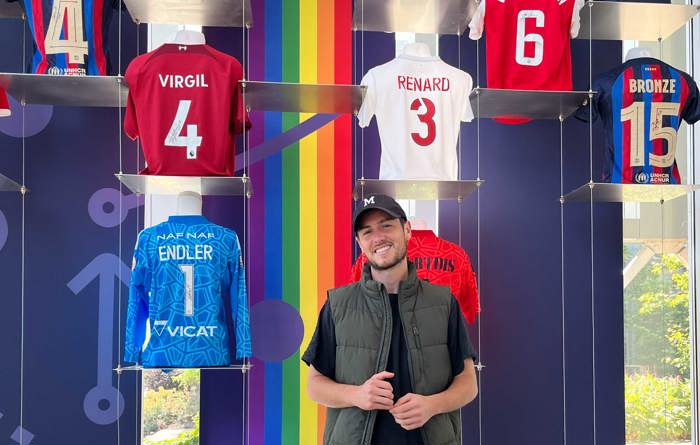

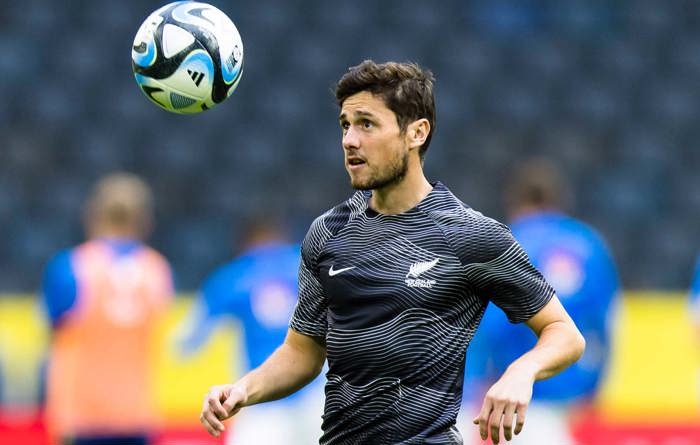
I had the chance to visit in June when I was in Europe after national team duty with New Zealand, and I gained so much from the couple of days I spent there.
One of the many takeaways from my visit was the overall importance of player unions. It is something I am going to be sharing and passing on to other players, especially the younger ones. As footballers, sometimes it does not always cross our minds the kind of work that unions do to help us, but it is important for us to know they are there.
Unions are an extended family of sorts; they have the best interests of players at heart and they are committed to advancing the rights and protecting the wellbeing of players. I can't see that as anything other than beneficial for footballers – whether you are a youth player coming through, an experienced head, or someone who has since retired.
As a New Zealander, I can’t wait to see the Women’s World Cup played in our country. I truly believe that Australia and New Zealand will create a special tournament that's memorable for everyone involved.
And as for the New Zealand women’s national team, I’m really appreciative of the work they have done over the years. Above all, I hope they enjoy this World Cup.
